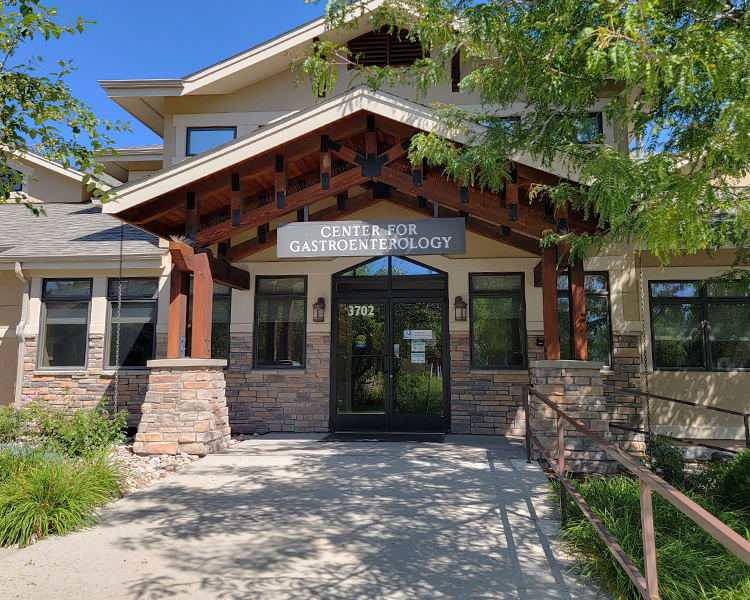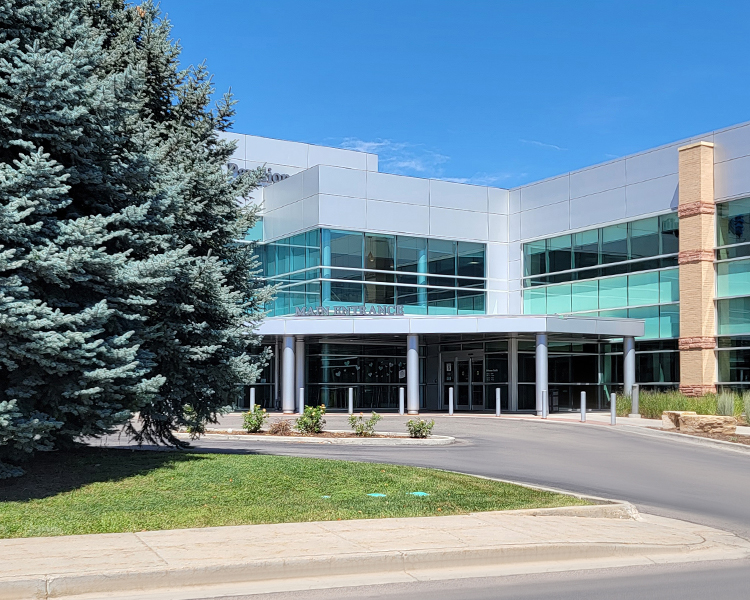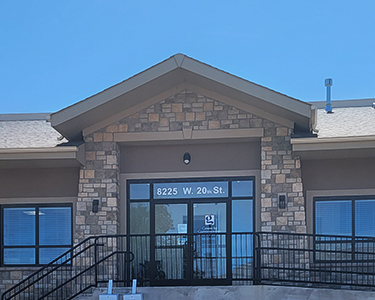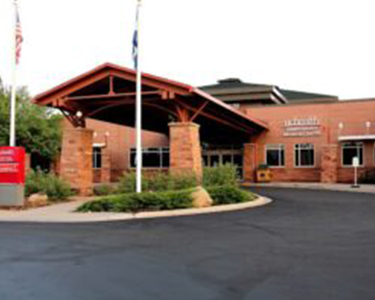Do you suffer from persistent regurgitation and heartburn? If so, you may have gastroesophageal reflux disease. Even so, there’s no reason you have to continue to let those chronic symptoms interfere with living your life. The Centers for Gastroenterology routinely treat GERD patients like you, helping them to enjoy life once again.
Defining GERD
GERD is a condition where the lining of the esophagus comes into repeated contact with stomach acid. The esophagus can’t protect itself from long-term exposure to the acid which leads to symptoms such as heartburn. Patients may also show signs of damaged vocal cords, chest pain, relentless coughing, and difficulty swallowing.
How GERD Develops
The key to understanding GERD is learning a little about the operation of the sphincter– that’s the group of muscle fibers between the esophagus and the stomach. The sphincter opens to allow food and drink to pass from the esophagus to the stomach. Then, the sphincter closes into its natural state, but if it fails to close completely, food and stomach acid can travel back into the esophagus, causing irritation. This is commonly known as acid reflux, and repeated reflux can lead to GERD.
Habits That Can Make GERD Worse
Most people occasionally experience problems with acid reflux, but some habits can make the problem worse under certain conditions. For example, you may have noticed that you’re more likely to have problems with stomach acid reentering your esophagus after eating fried foods or drinking coffee. Some people also trigger their reflux with alcohol, eating large quantities of food, or eating too close to bedtime.
Treating GERD With Dietary Changes
Your physician will likely begin your treatment with simple suggestions to alter your meals. For starters, you’ll likely find relief by choosing foods that are easier to digest– you might also carefully plan your mealtimes while limiting your quantities. Additionally, the doctor might encourage you to eliminate or at least reduce your consumption of irritating drinks, like coffee and alcohol.
Treating GERD With Medication
Along with the dietary adjustments, the doctor may recommend some inexpensive non-prescription medicines that have proven to be helpful. These medications reduce the amount of acid your stomach produces. There are also medicines that not only reduce acid production but also help heal the esophageal lining. If the over-the-counter variety isn’t strong enough, the doctor can prescribe more potent versions.
Treating GERD With Surgery
Esophageal surgery can be necessary for severe cases of GERD, but the procedure is invasive. For that reason, it’s recommended that you allow the Centers for Gastroenterology to treat you with non-invasive techniques before you consider surgery as a last resort. Esophageal procedures can offer patients relief and some healing, but GERD has been known to recur in surgery patients along with other issues such as difficulty swallowing and bloating.
Schedule Your GERD Evaluation Today Stop living with chronic GERD symptoms. Instead, consult the Centers for Gastroenterology to learn what you can do to improve the quality of your life. Contact us today to schedule an appointment at the office nearest you. We’re located in Fort Collins, Loveland, Greeley, and Steamboat Springs. The sooner we hear from you the sooner we can help you get your life back on track.








